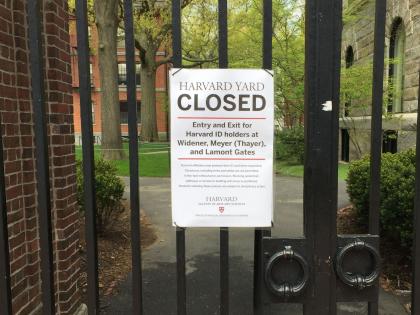Through research, scholarly articles, and relationship building, Harvard School of Public Health professor Theresa Betancourt—profiled in our November-December issue—seeks to demonstrate models for governments, NGOs, funding organizations, and communities to work together in coordinated ways that ultimately improve children’s lives. Above, see images of the types of disadvantaged children she works with in India—from runaways or those in homeless families who spend their lives around the Jaipur train station to the sons and daughters of the migrant workers who build India’s high-rise offices and dwellings.
Theresa Betancourt: Images from India
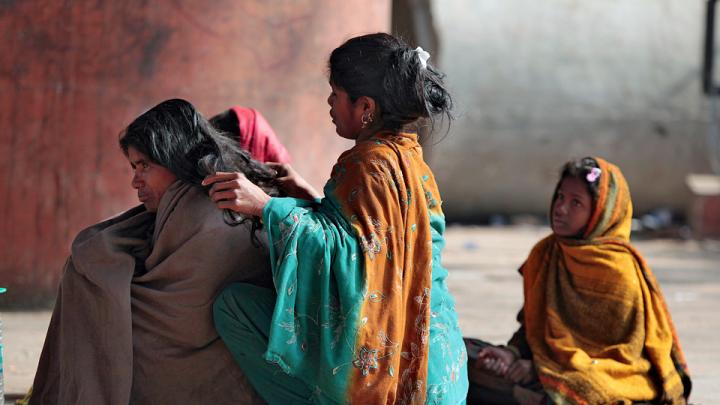
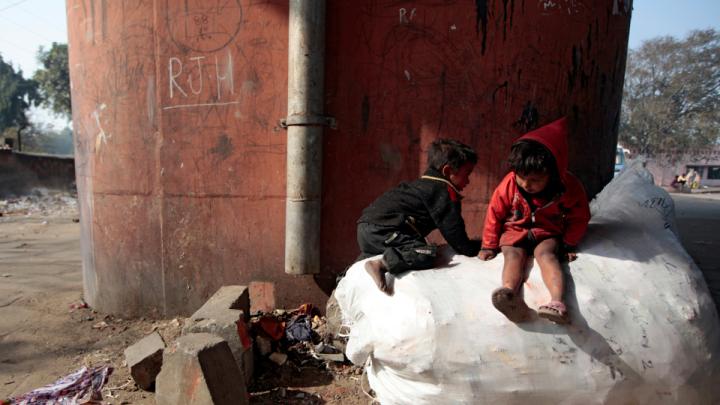
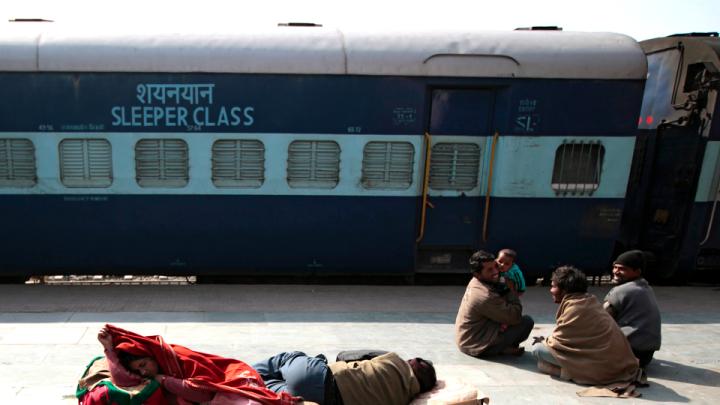
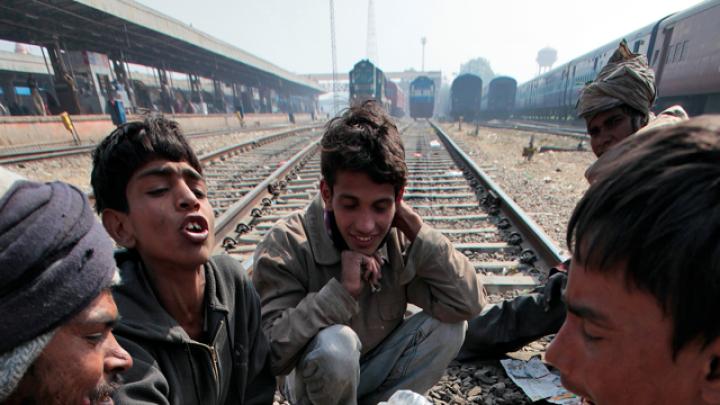
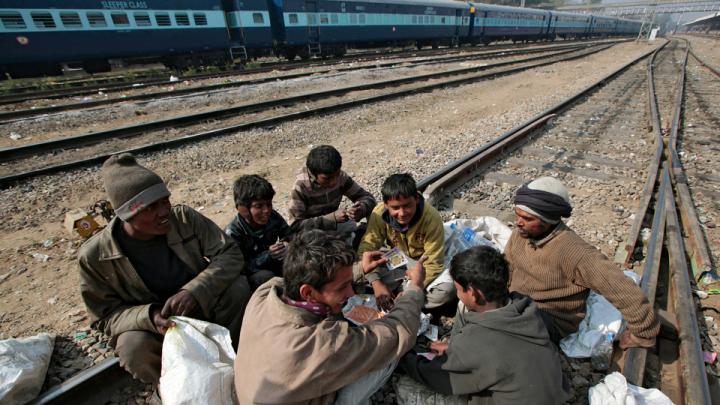
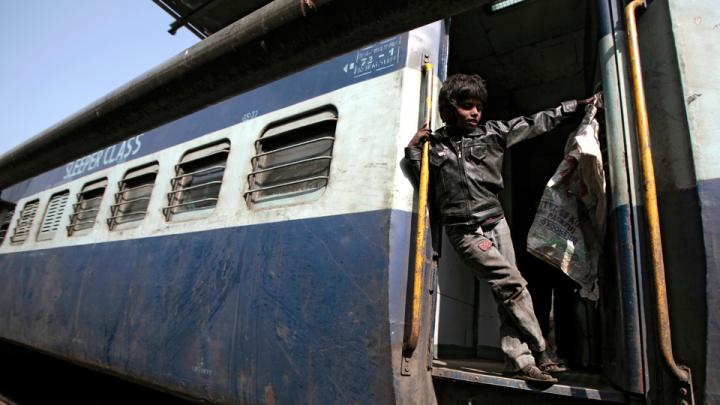
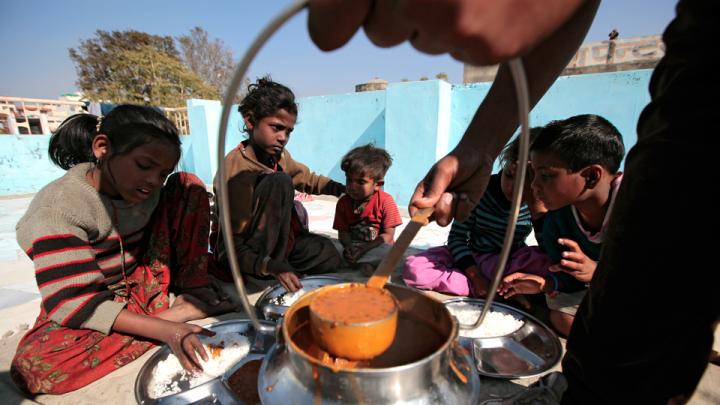
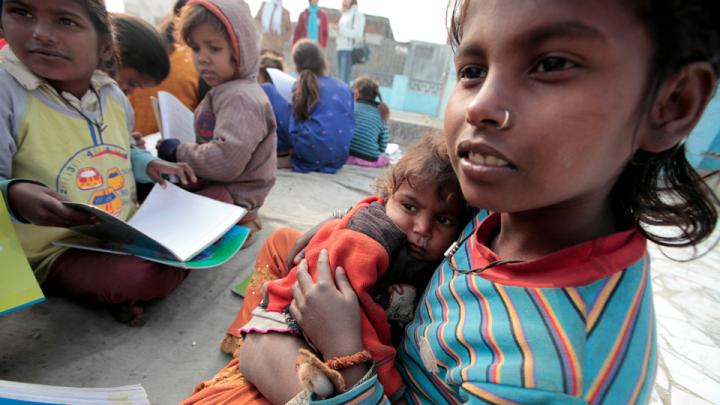
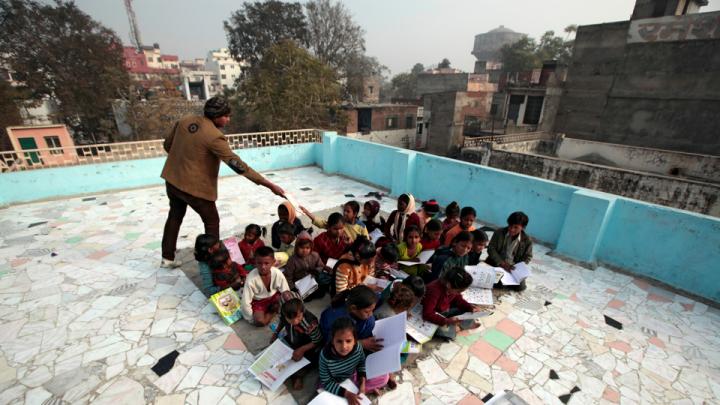
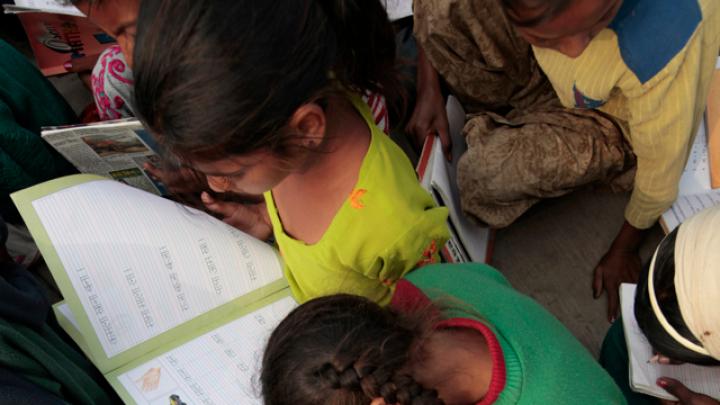
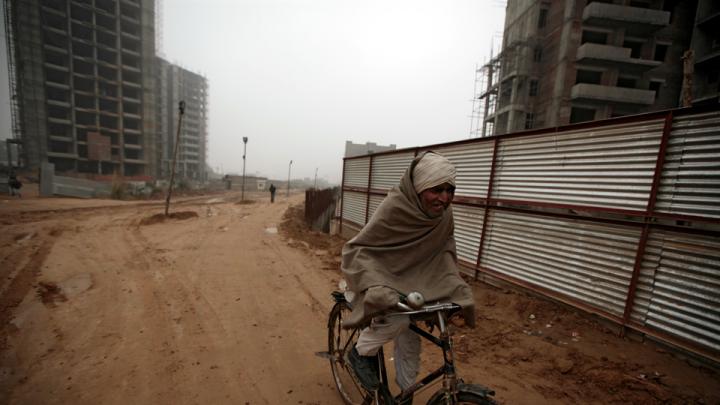
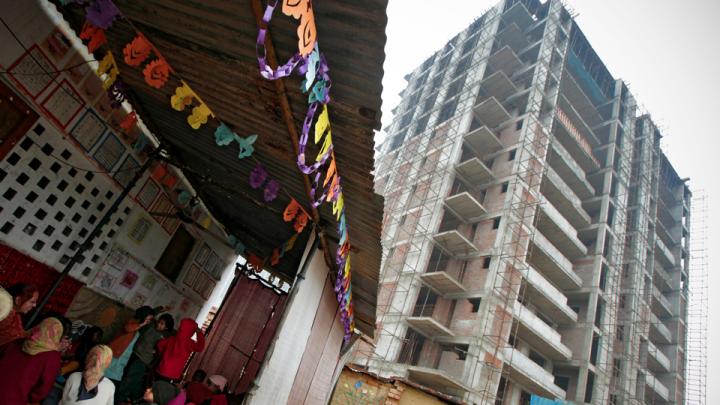
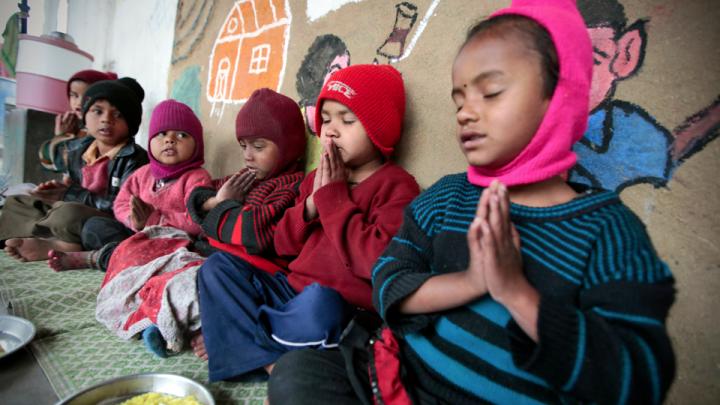
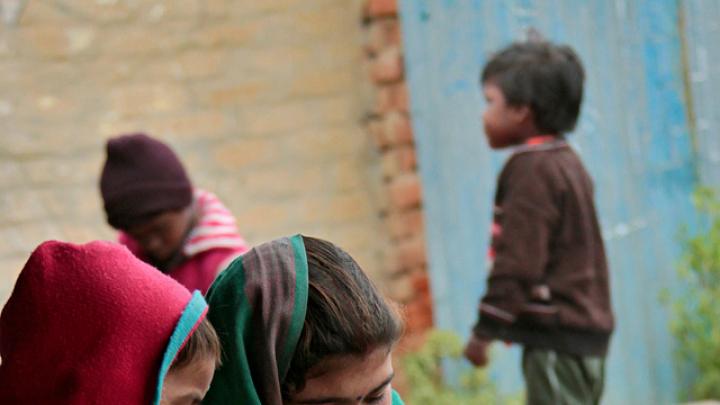
You might also like
Harvard Professor James Hanken on the Amphibian Extinction Crisis
Curator of Herpetology on where all the frogs are going
Proactive AI Policy
Businesses should start self-regulating before government intervention, argue Harvard professors.
Harvard’s Year That Was
Amid academic honors, the Faculty of Arts and Sciences focuses on the campus protest and task forces on antisemitism, anti-Muslim bias, civil discourse, and institutional voice.
Most popular
More to explore
Harvard Cardinal Robert W. McElroy on the Changing Catholic Church
Cardinal Robert W. McElroy on how the Catholic Church has moved towards inclusivity.
AI as Cancer Oracle?
How is artificial intelligence (AI) being used for cancer detection and prevention?
The Harvard Graduate and Early Vegetarian Benjamin Smith Lyman
Brief life of the vegetarian trailblazer, 1835-1920


